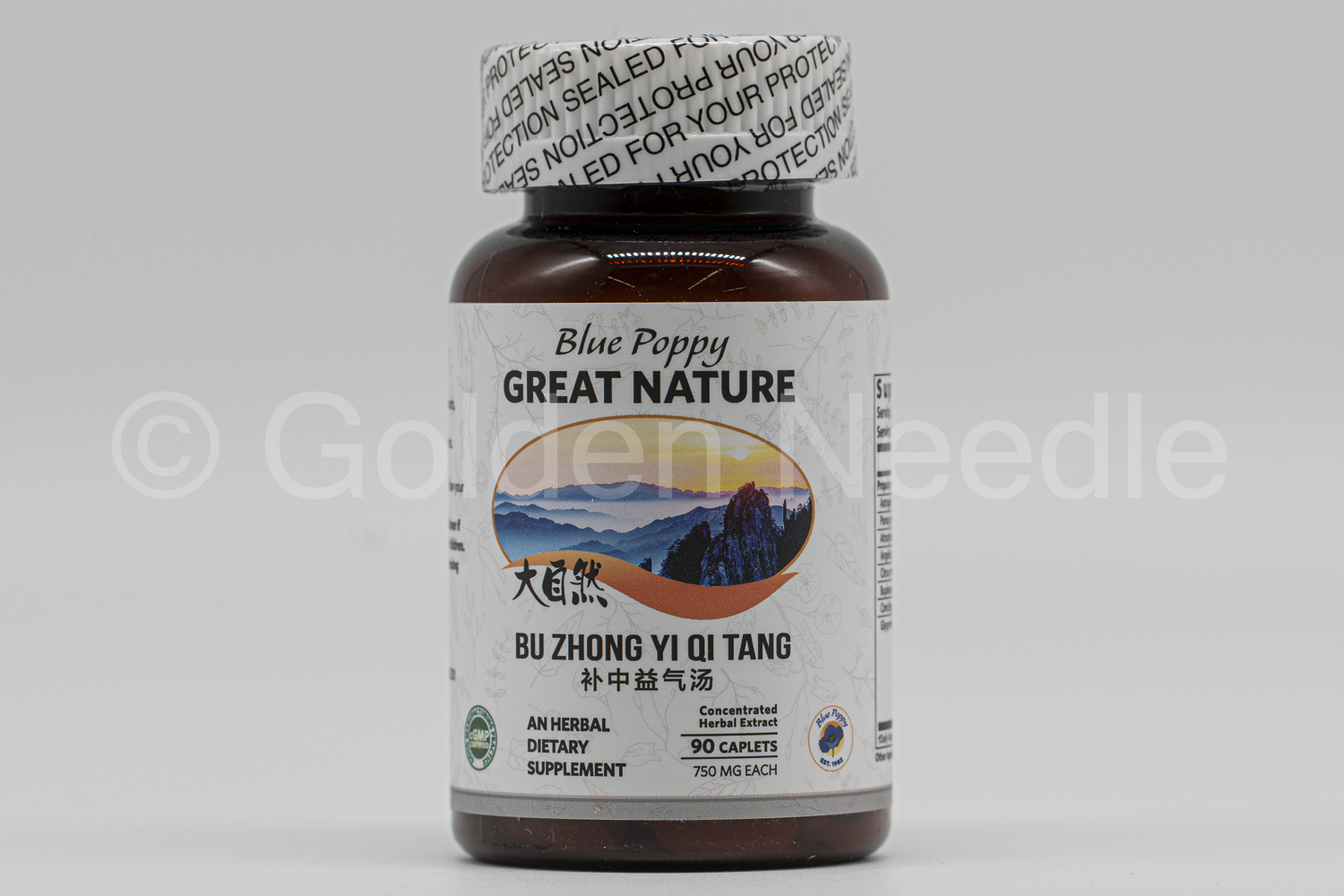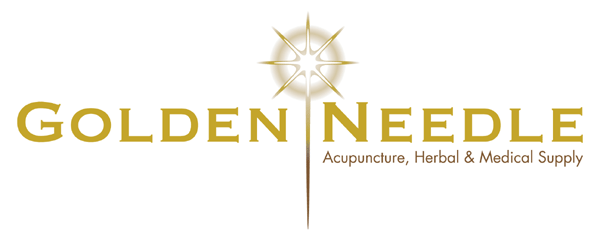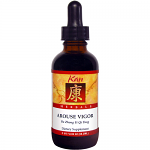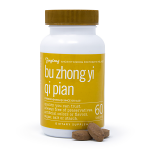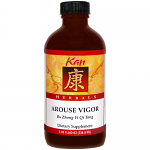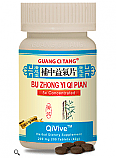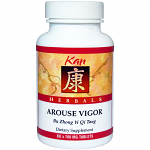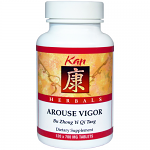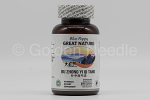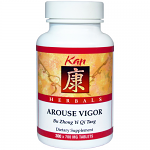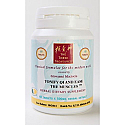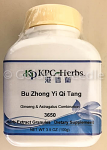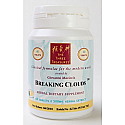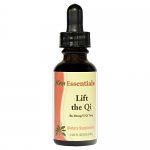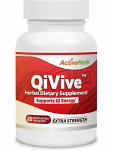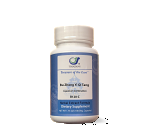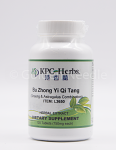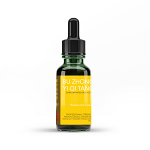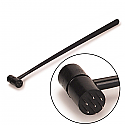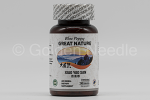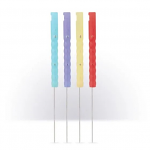| Description |
This [formula] is [for] deficiency of the Spleen and Stomach qi leading to sinking of the yang. The Spleen controls the flesh and limbs. When the Spleen qi is deficient, the flesh and limbs are deprived of nourishment and become soft and weak. One also has a tendency to curl up, a passive movement in which the body seems to 'collapse' inward. (This is different from the active curling up that occurs with interior cold.) When the Spleen and Stomach are deficient, the qi from nourishment cannot ascend. Because the clear yang depends on this upward movement to ascend, the yang sinks into the yin and is unable to circulate in the superficial levels of the body. This manifests as fever, spontaneous sweating, and aversion to cold. Because the fluids depend on the yang for distribution (especially to the upper parts of the body), there is also thirst. The fever is intermittent (i.e., it varies during the day) and worsens upon exertion. This thirst is for warm beverages, which distinguishes this condition from that due to heat from deficiency. The aversion to cold, which arises from the inability of the yang qi to circulate between the interstices and pores and support the protective qi, can be alleviated by wearing more clothing. This distinguishes it from the aversion to cold due to externally-contracted conditions, which is not as easily alleviated. The deficiency of qi also results in shortness of breath with little exertion, and laconic speech, as the qi is too weak to support any activity. The pale tongue with a thin, white coating is indicative of Spleen deficiency. The deficient, rootless pulse at the middle position on the right reflects a collapse of the Spleen qi. However, the pulse is often flooding and deficient in this condition because the yang qi has lost its ability to restrain the pulse. Bensky: Chinese Herbal Medicine Formulas and Strategies.*
|
